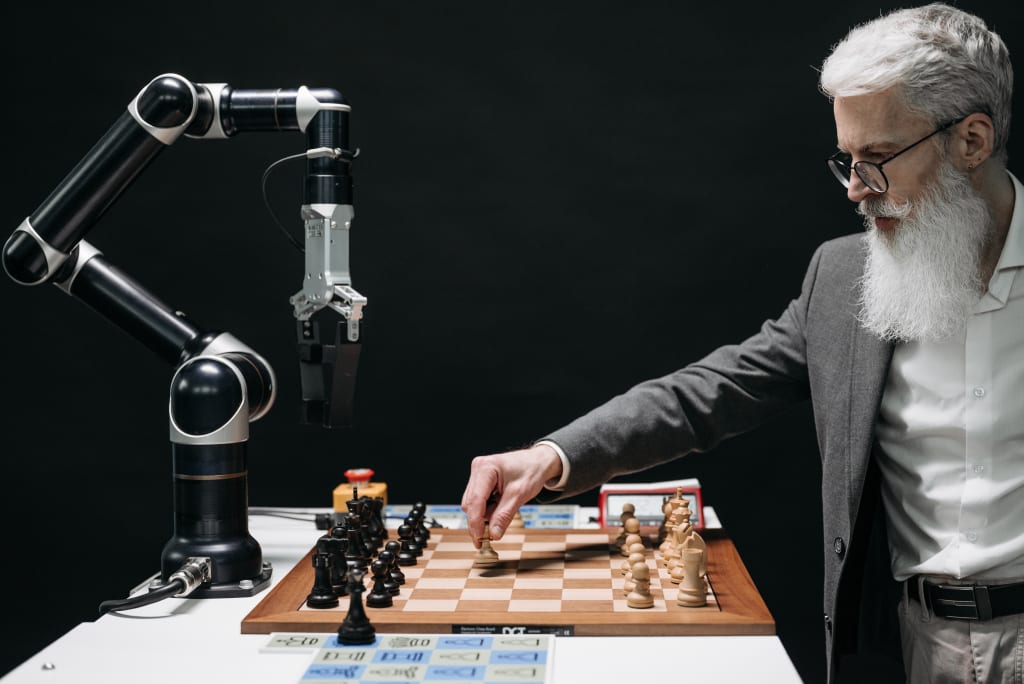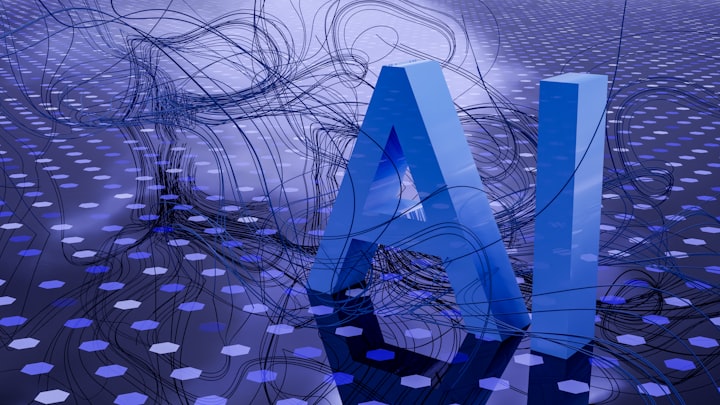The Impact of Artificial Intelligence on Job Security
AI effects on Job Security

The technological revolution has seen the introduction of artificial intelligence (AI) into the workplace like never before. With businesses seeking to stay ahead of the game, it has become commonplace for AI to be utilized in various aspects of work processes. However, this advancement is not free of potential consequences. Among the major concerns of AI is its possible impact on job security.
Artificial intelligence is a branch of computer technology that employs advanced algorithms to simulate human thinking and behavior. AI uses machine learning, natural language processing, and deep learning techniques to identify patterns and mimic human abilities. Its incorporation in various work settings has improved operational efficiency, cost-effectiveness, and productivity, as well as enabled better decision-making.
Despite these significant benefits, some people are skeptical about the introduction of AI in the workplace. The concern is that AI may replace human labor, leading to mass job losses and, thus, endangering job security. While some of these concerns are valid, they are generally short-sighted.
It is no secret that AI adoption has the potential to lead to a significant shift in the nature of work. However, this shift will be more of a change in the nature of jobs and tasks individuals perform than an absolute replacement of humans altogether. AI's impact on job security will largely depend on how people adapt to these changes.
For instance, in some professions, such as manufacturing, repetitive jobs will likely be replaced by machines. This may cause job insecurity among those that relied on such jobs. However, this should not be viewed as a negative impact of AI on job security since the creation of new opportunities in this sector may offset this job loss. Moreover, it may create employment in AI design, engineering, and maintenance, among other professions.
The incorporation of AI in some professions may also lead to a shift in job requirements. Positions that were previously carried out by humans may require additional skills, including data analysis, programming, and other technical skills to ensure that individuals adapt to the AI-driven work environment. This has led to a surge in demand for skilled labor in some sectors, creating new opportunities for both experienced and young professionals.
Low-skilled jobs are likely to be affected the most by the introduction of AI. These jobs are characterized by repetitive tasks that can be easily automated. Examples of such jobs include warehouse packers, data entry clerks, and call center staff, among others. In such cases, the impact of AI on job security may be negative for the individuals performing these jobs. However, as society becomes more technologically advanced, it presents a huge opportunity for individuals to reskill and pursue new careers in more strategic and creative jobs.
It is essential to note that AI, in some cases, can enhance job security. AI adoption leads to increased productivity, which generally means more opportunities for workers. It also leads to the creation of new businesses and sectors that require skilled professionals, thus augmenting employment chances.
Where AI leads to the reduction of labor costs, it can lead to increased job security. In some industries, challenges with retaining qualified personnel due to cost constraints may result in a decline in product quality. By adopting AI, businesses can reduce costs and improve product quality, creating more opportunities for workers.
Overall, the impact of AI on job security is something that should be addressed proactively. There exists no doubt that AI will continue to penetrate many industries, and thus it is up to us to make sure that its integration is accompanied by measures that ensure a just and fair working environment for everybody.
It is important to put policies in place that promote workforce reskilling and upskilling and incentivize businesses to transition smoothly to an AI-driven work environment. By ensuring that the workforce is well-equipped and prepared for AI adoption, we can mitigate any negative impact on job security and instead promote seamless and effective integration of AI in the workplace.
In conclusion, while there is concern about AI's impact on job security, it is essential to approach this issue cautiously and with a long-term outlook. The adoption of AI by businesses in various industries is inevitable, and its incorporation will lead to significant changes in the nature of work and jobs.
It is thus upon us to find ways to adapt to these changes, embrace the technology, reskill and upskill, and promote policies that foster a fair and equitable workplace. With the right measures, AI can prove to be a positive force for businesses, the workforce, and society at large.






Comments
There are no comments for this story
Be the first to respond and start the conversation.